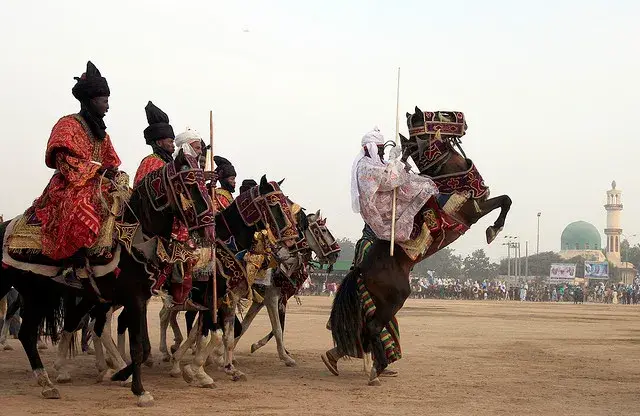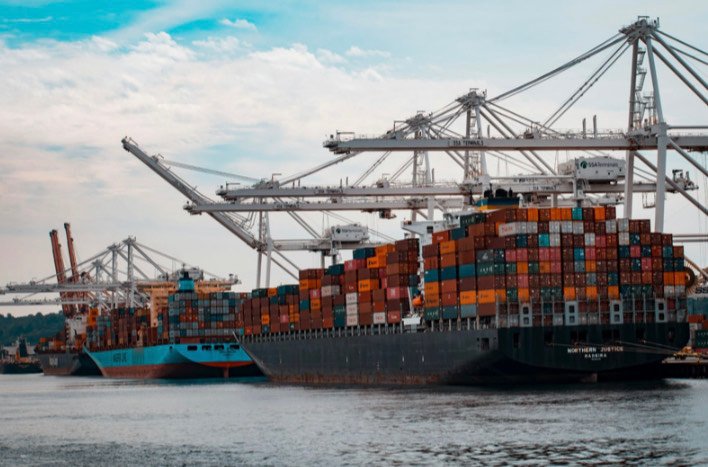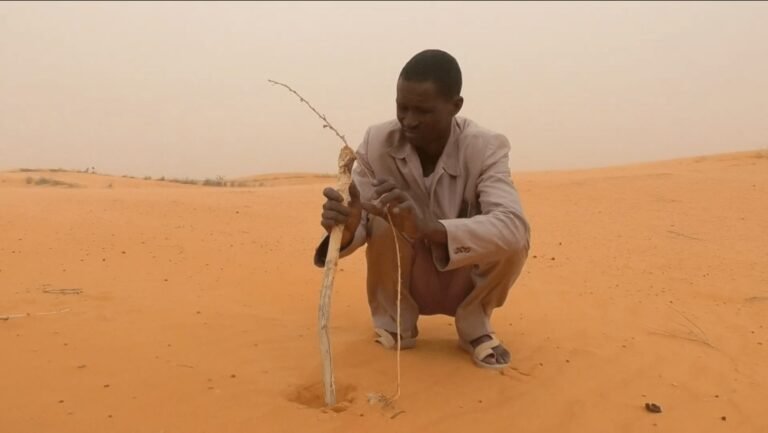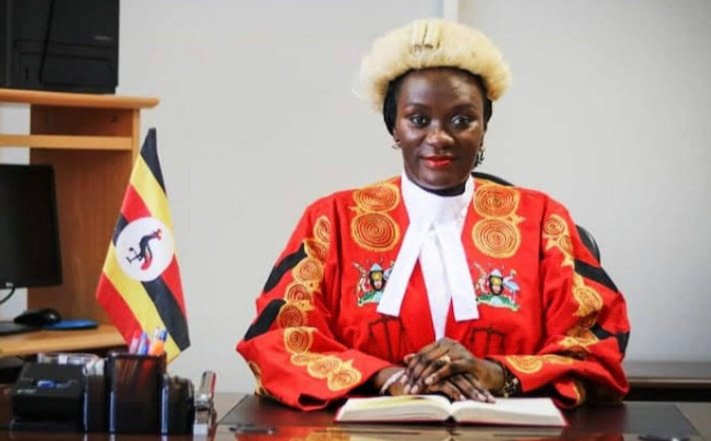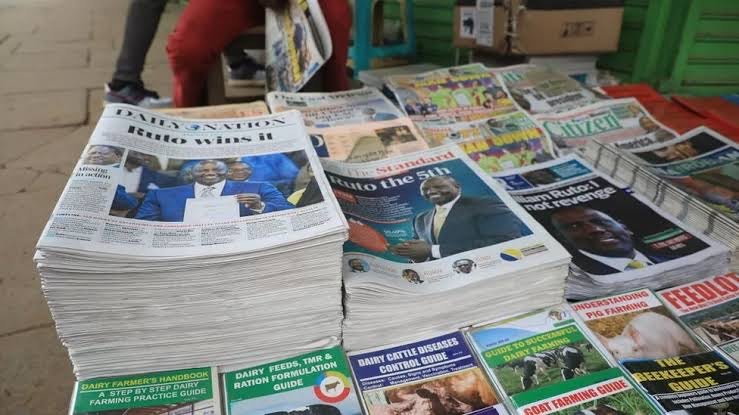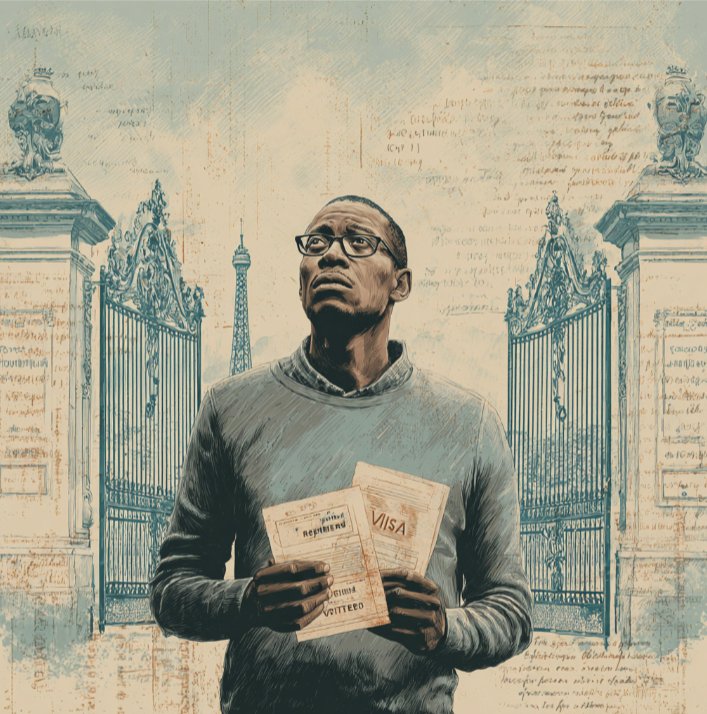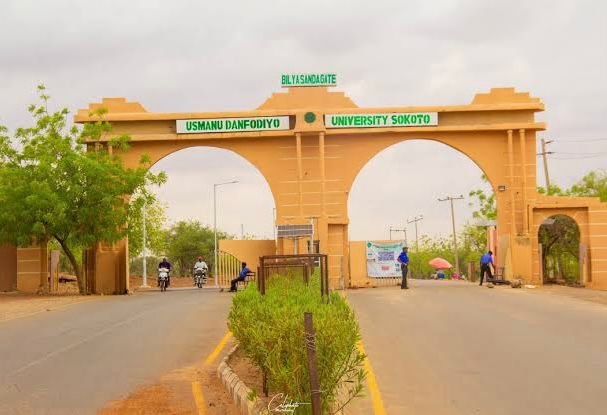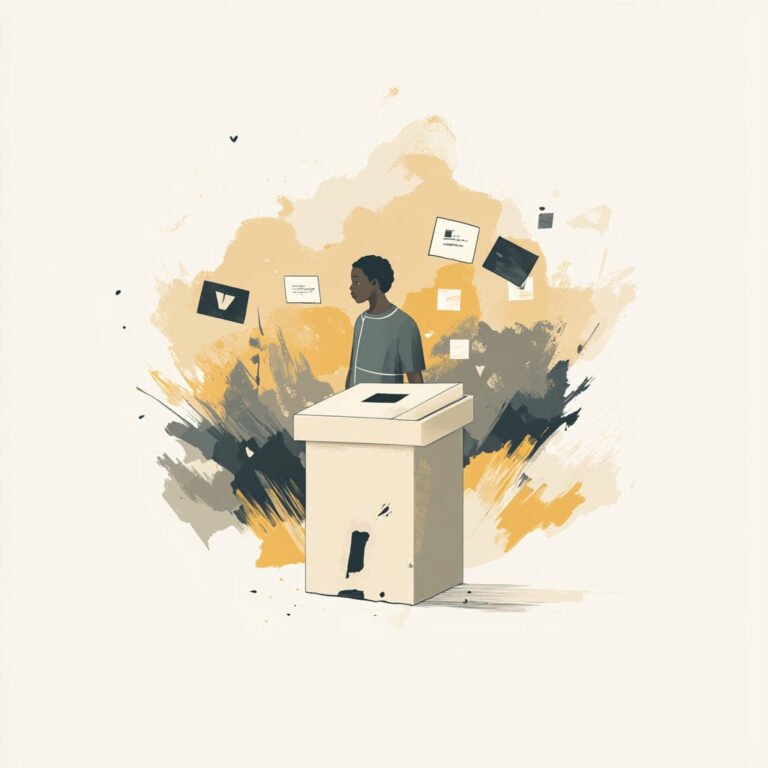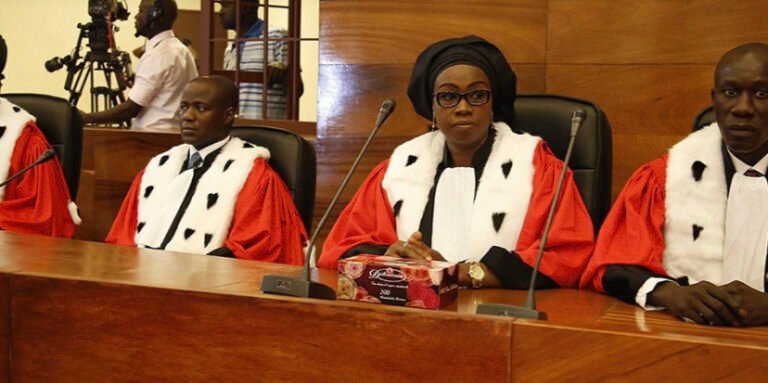From Kwara to Maiduguri, Katsina to Yobe; young Nigerians passionate about arts, literature and culture are curating literary festivals and providing a safe space for conversations, expressions and showcasing talents and creativity.
This is an exciting development that has changed narratives and deadened agendas that have been pushed about Northern Nigeria. Narratives such as the perceived backwardness of the people, religious intolerance and extremism and more. Due to its high rate of illiteracy and staggering high number of out-of-school children, it is somewhat considered backwards when it comes to literature and literary activities.
Until recently, art festivals were rarely seen in the region. Now, there are Book and Arts Festival in Kaduna, Katsina, and Sokoto State in the Northwestern region, in Kwara and Minna in the north-central region, and Hausa International Book and Arts Festival among others. All spearheaded by young people and grounded in the discovery of young talents and spaces for expressions. This is unprecedented in the history of a region termed conservative.
Young Nigerians passionate about arts are curating literary festivals and providing a safe space for conversations, and expressions.
Because of its stern strictness on immorality, the North frowns against films, music and other open conversations about sexuality, feminism or rights of women. But that is all changing now.
Book and Art festivals feature panel discussions that border around mental health, sexual health and domestic violence. It promotes Kannywood, the northern-nigerian-focused film industry, feminism and so many topics that previously weren’t discussed even in academic spaces.
But it is not always green. The society’s stigmatisation continues to hunt the festivals in an expected way. In 2019, the Ahmadu Bello University Book and Arts Festival (ABUFEST) was cancelled over a controversy surrounding two of the proposed panelists, Fakhriyya Hashim and Maryam Uwais. They were allegedly labelled LGBTQ supporters.
Most of these festivals are funded by grants and donations, hence there’s little or no government intervention on how they are run and the fear of censorship on what content goes to the public is almost out of the way. However, this is also a major hindrance and sometimes disruption in the execution of these literary events. Lack of securing grants leads to the delay or even cancellation of some of these festivals, such as the Minna Book and Arts Festival that ran for only one year and ceased to continue.
No doubt, these festivals are creating a new way of embracing new ideas. Young people are finally given a stage — outside society limitations and constraints to express themselves through different mediums of arts and entertainment. This has led to the tremendous increment in the Northern talent pool of spoken word artists, poets, writers, painters, calligraphers and so much; contributing to the literacy rate of young Nigerians in a positive way.
The rise of these literary festivals is a welcome development for Northern Nigeria and would hopefully increase over time. Through this development, we could look up to youths that will change the narrative and put the North on the global map of free societies in a few years to come.

